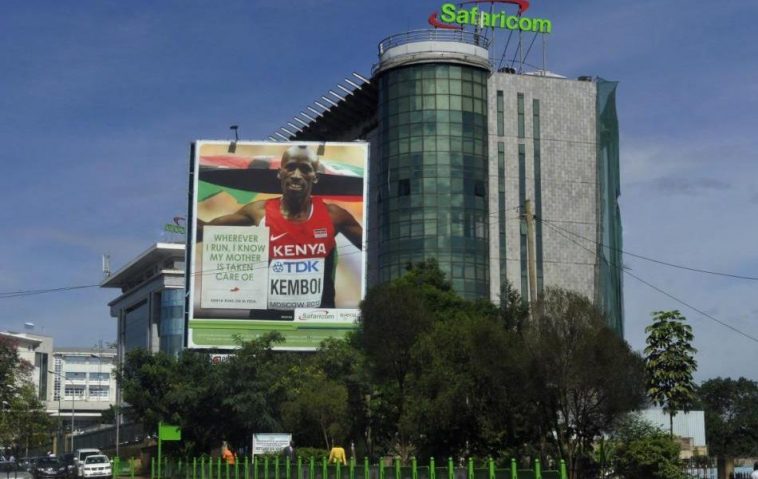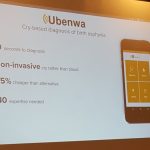The two leading Kenyan mobile internet providers Safaricom and Airtel had mixed fortunes in the year that ended 2017. While Safaricom enjoyed overwhelming profit gains, Airtel, on the other hand, struggled to make a point in the communication market. Safaricom ended the year with a whopping 72% market command while Airtel was having below 15%. Telcom Kenya was trailing at 8.4%. Safaricom leads the other competitors regarding mobile money subscription, mobile subscription and data.
Safaricom is reaching out to new areas, developing its taxi-helping app Little and launching e-commerce platform in November 2017. However, the communication company faces some challenges in 2017. It had war with Communication Authority of Kenya (CA) which had plans to reduce its powers in February 2017. Despite the challenges and the fact that the CEO Bob Collymore had to take some time away from his duties, still, Safaricom blows its competitors away.
Safaricom is on the verge of forcing its long-term competitor Airtel out of the Kenyan market. This is according to Danson Njue, the research analyst at Ovum. The company’s revenues and ARPU are much higher than the Airtel’s. It is much far compared to Airtel technologically. It has already launched a commercial 4G network when Airtel is still in the trial stage. Safaricom is working on its improved broadband connectivity to improve its digital service offering through services such as Little and Masoko. Through these services, the company has not only created new revenue streams in its operations but is also using the services as a way to attract and retain customers.
The improvements are working against Airtel which was forced to deny claims that it was on the verge to exit the East African market in December 2017. However, it said it was trying to consolidation within the region. There are some reasons why Airtel is outplayed by Safaricom in the East Africa region and most specifically Kenyan market. The company might have hurried its entrance into Africa without taking time to study the market keenly. Another one is that the company tried to apply the same tricks that it used in other parts of Africa without understanding that different markets should have different approaches.
For instance, Airtel came with low-pricing technique into the African market that led to 2010 price wars in some African market. The strategy hit a snug because the company failed to work with other aspects like service quality, network coverage, among other crucial issues. Irrespective of any excuse, the company has been lagging behind Safaricom for quite a long period. Safaricom is continuing to attract customers with some value-added services and improve its mobile money service M-pesa.





